
One of the more common reactions people have towards my nametag is gratitude.
Specifically at a party or a gathering where there are lots of new faces, people will actually thank me for being the only guest whose name they don’t have to worry about remembering.
And so, it provides mental relief. A break for the brain. The nametag is an interpersonal totem that reassures people, hey, relax, the risk of social embarrassment is lower here.
Harvard researchers named this feeling psychological safety, which is a belief that you’re safe for interpersonal risk taking. A sense of confidence and trust that you will not be embarrassed, rejected or punished for speaking up.
Does that describe your workplace? Hope so. Because the mind is always seeking zones of safety. And so, anything you can do to reduce the risk of cognitive strain is helpful. Anytime you can bestow little courtesies and kindnesses to your employees and customers, it matters.
Yelp reviews are a perfect model for observing how businesses embed psychological safety into their customer journey. A quick search on entries that include the phrase one less thing to worry about demonstrate deep sense of relief and satisfaction on behalf of the customer.
And not surprisingly, they’re all five star reviews.
If you want to increase loyalty both internally and externally at your organization, find your nametag.
Something with real totemic power that gives people one less thing to worry about.
LET ME ASK YA THIS…
Is communicating with you a relaxing experience?
* * * *
Scott Ginsberg
That Guy with the Nametag
Author. Speaker. Strategist. Inventor. Filmmaker. Publisher. Songwriter.
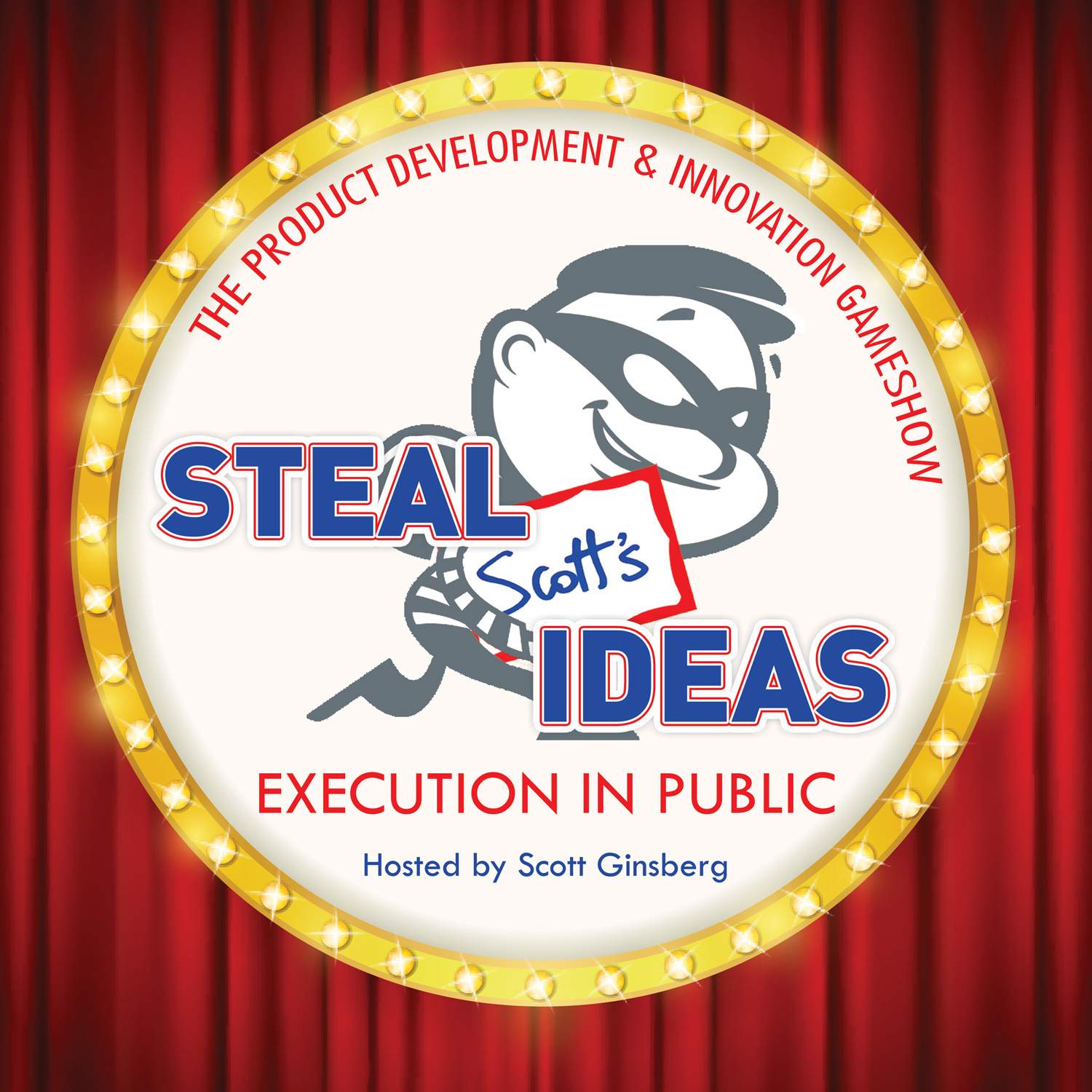 It’s the world’s first, best and only product development and innovation gameshow!
It’s the world’s first, best and only product development and innovation gameshow!
Tune in and subscribe for a little execution in public.
Join our community of innovators, artists and entrepreneurs.


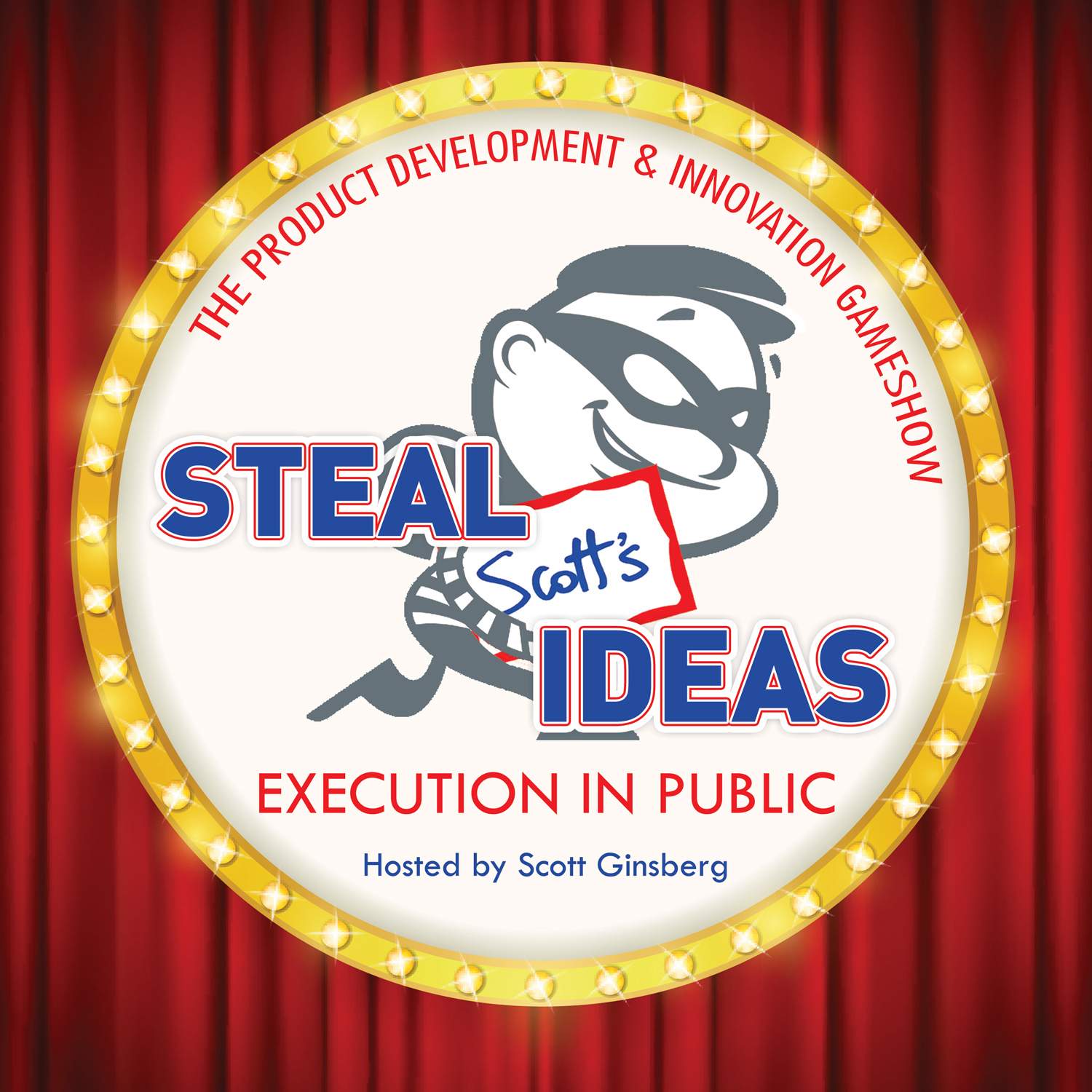 It’s the world’s first, best and only product development and innovation gameshow!
It’s the world’s first, best and only product development and innovation gameshow!
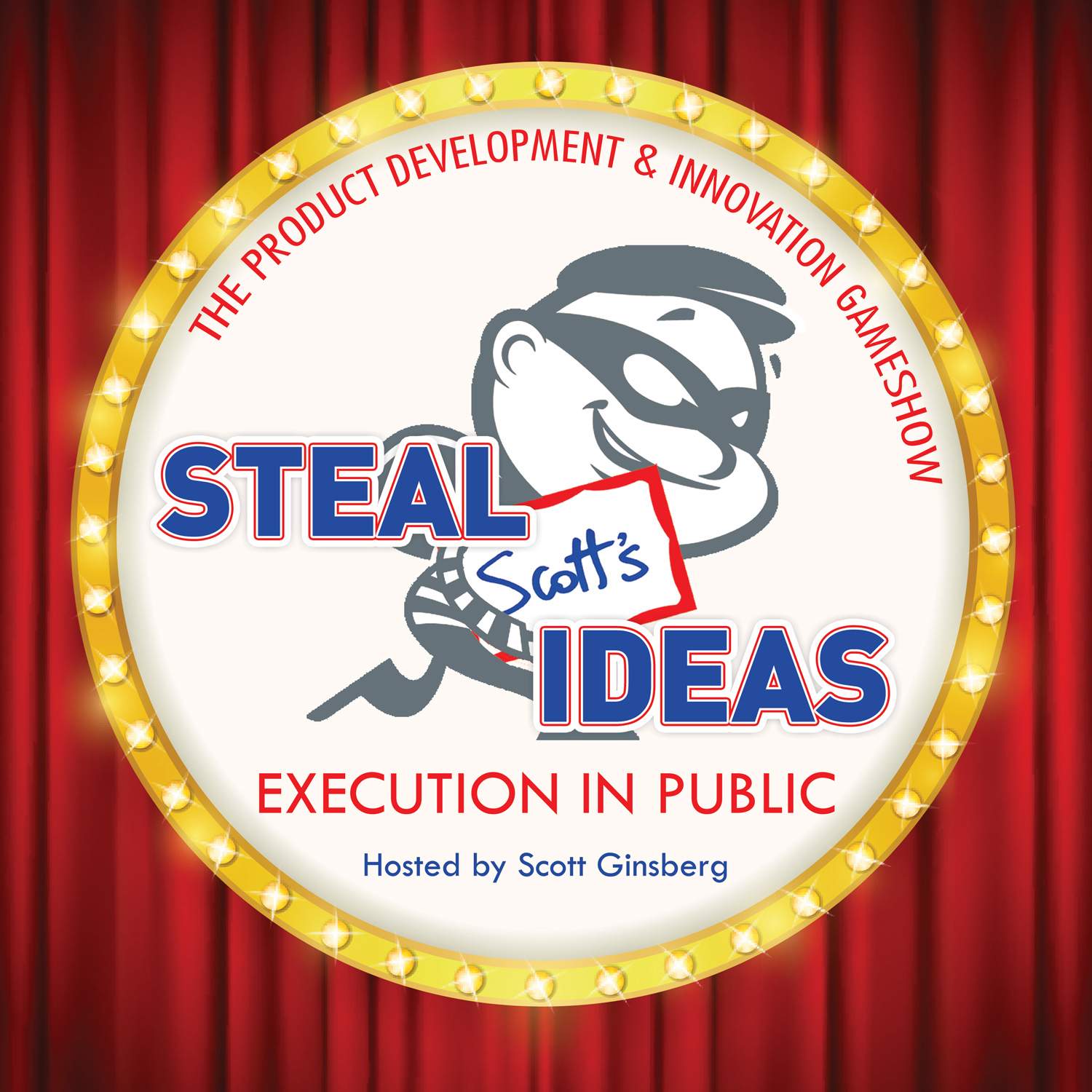 It’s the world’s first, best and only product development and innovation gameshow!
It’s the world’s first, best and only product development and innovation gameshow!
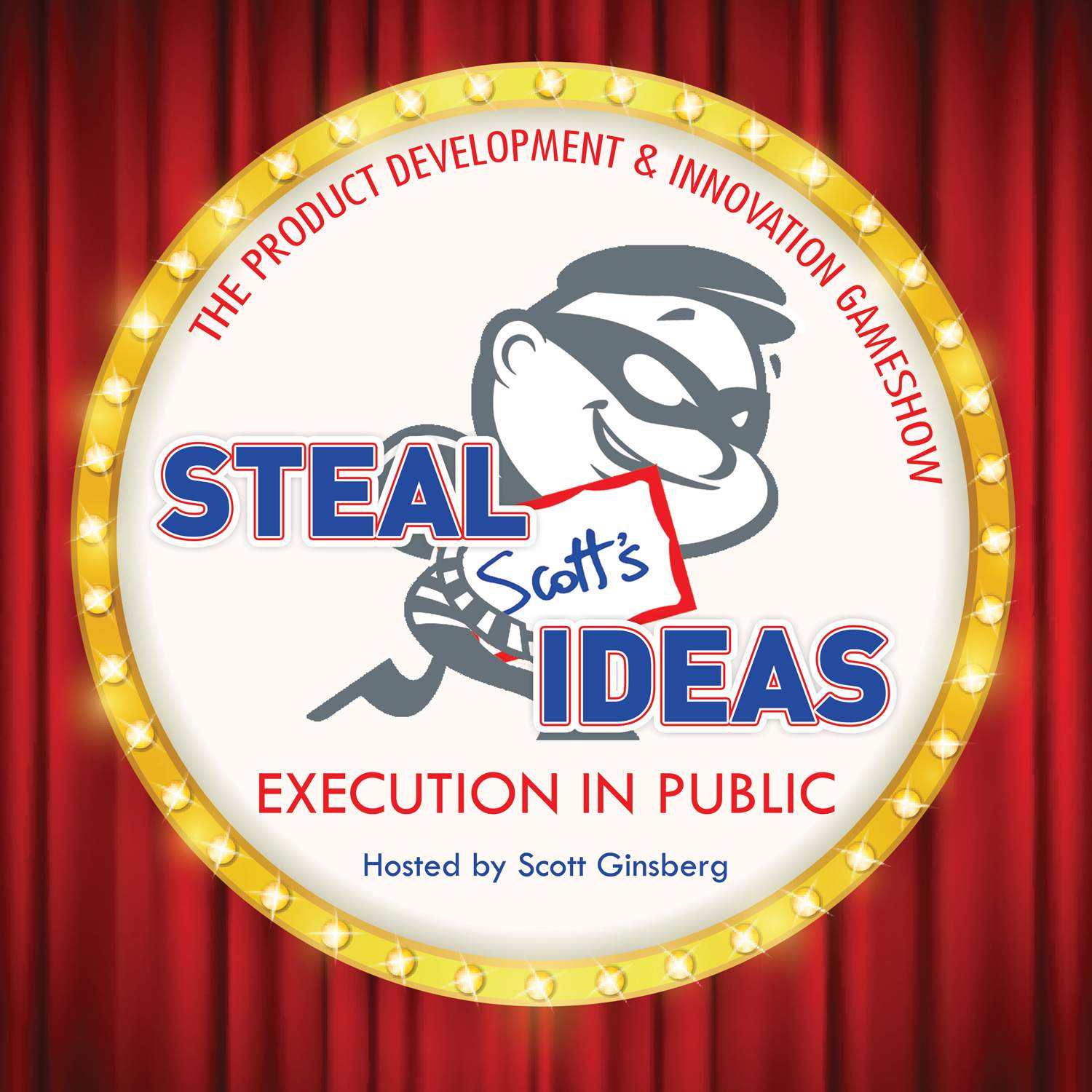 It’s the world’s first, best and only product development and innovation gameshow!
It’s the world’s first, best and only product development and innovation gameshow!
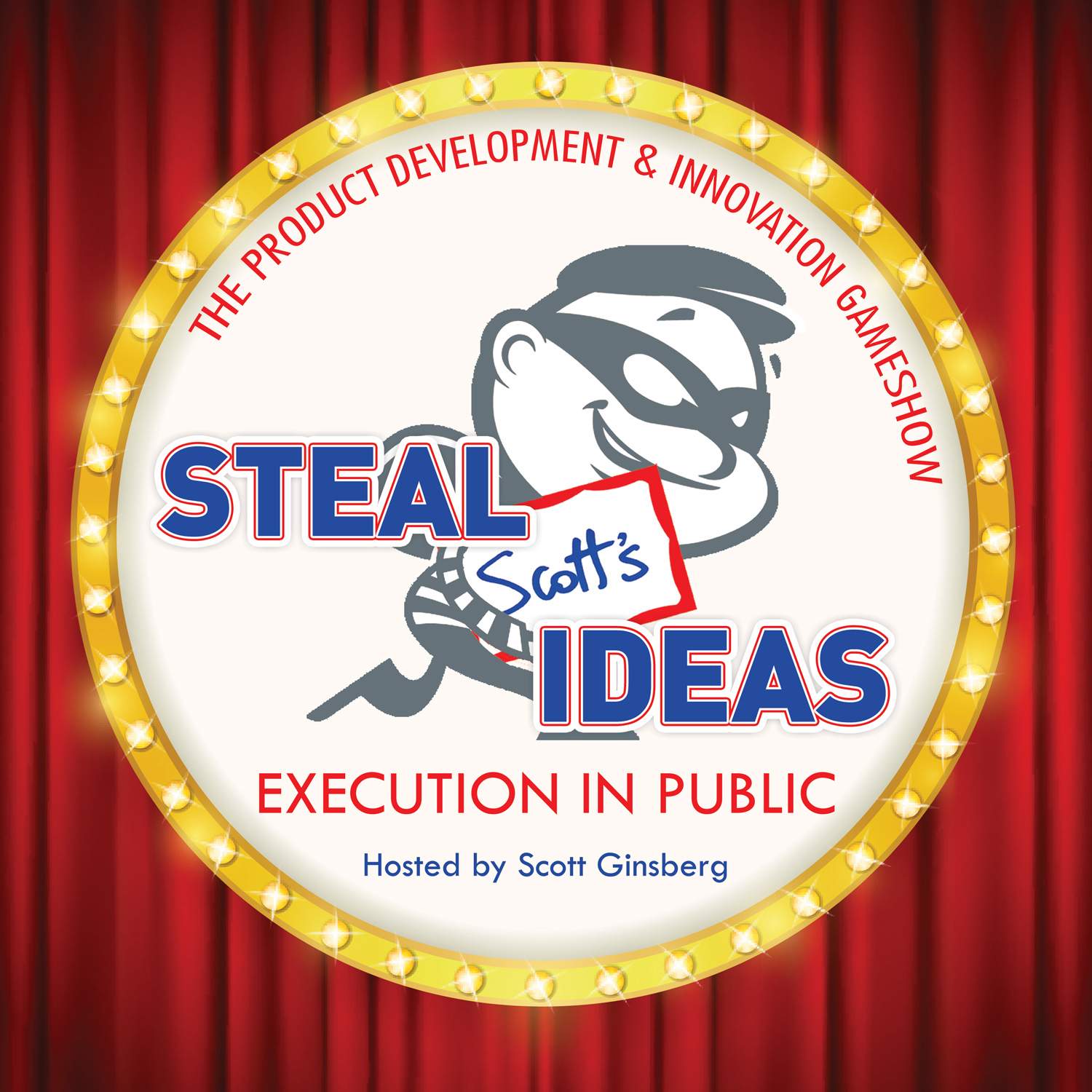 It’s the world’s first, best and only product development and innovation gameshow!
It’s the world’s first, best and only product development and innovation gameshow!
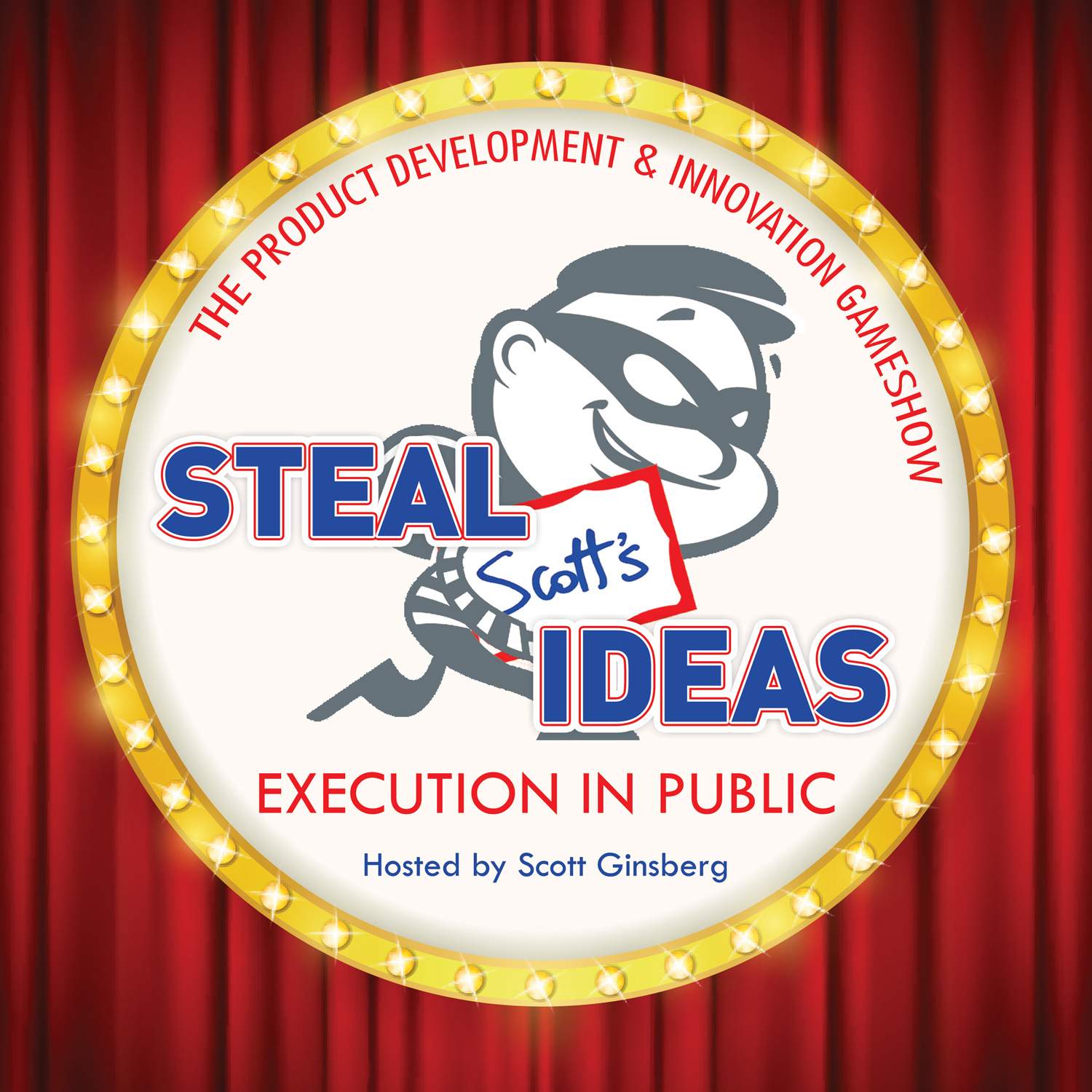 It’s the world’s first, best and only product development and innovation gameshow!
It’s the world’s first, best and only product development and innovation gameshow!
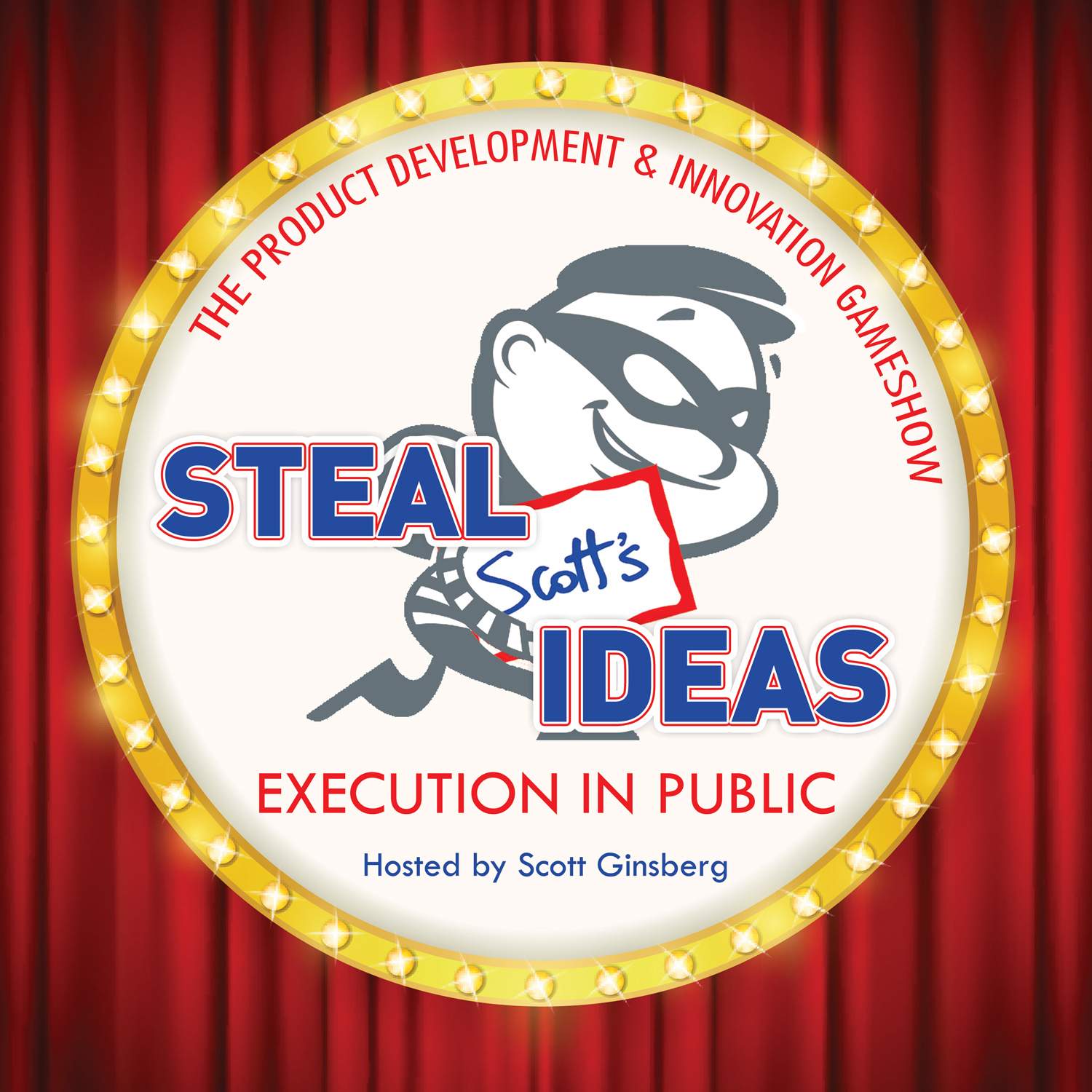 It’s the world’s first, best and only product development and innovation gameshow!
It’s the world’s first, best and only product development and innovation gameshow!
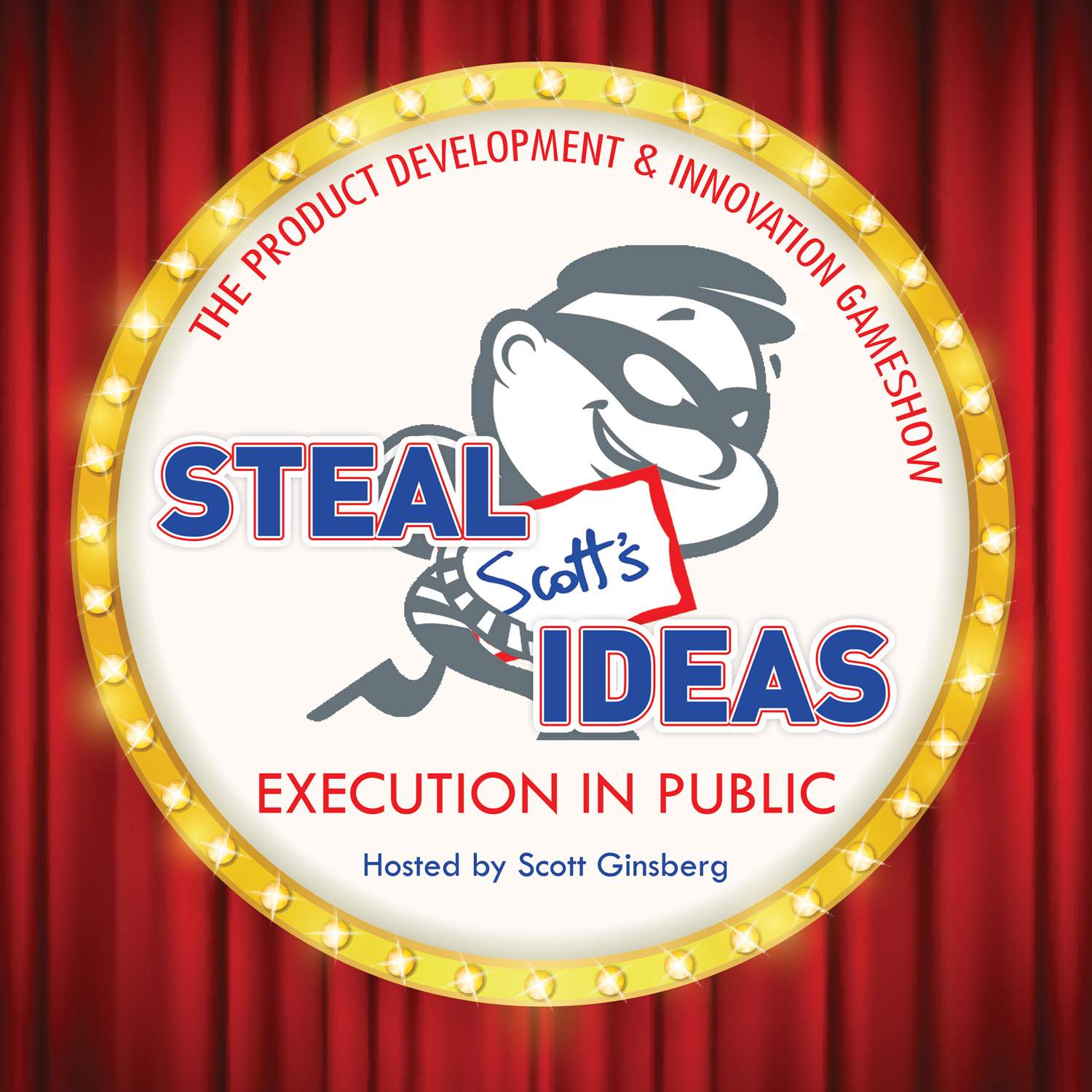 It’s the world’s first, best and only product development and innovation gameshow!
It’s the world’s first, best and only product development and innovation gameshow!
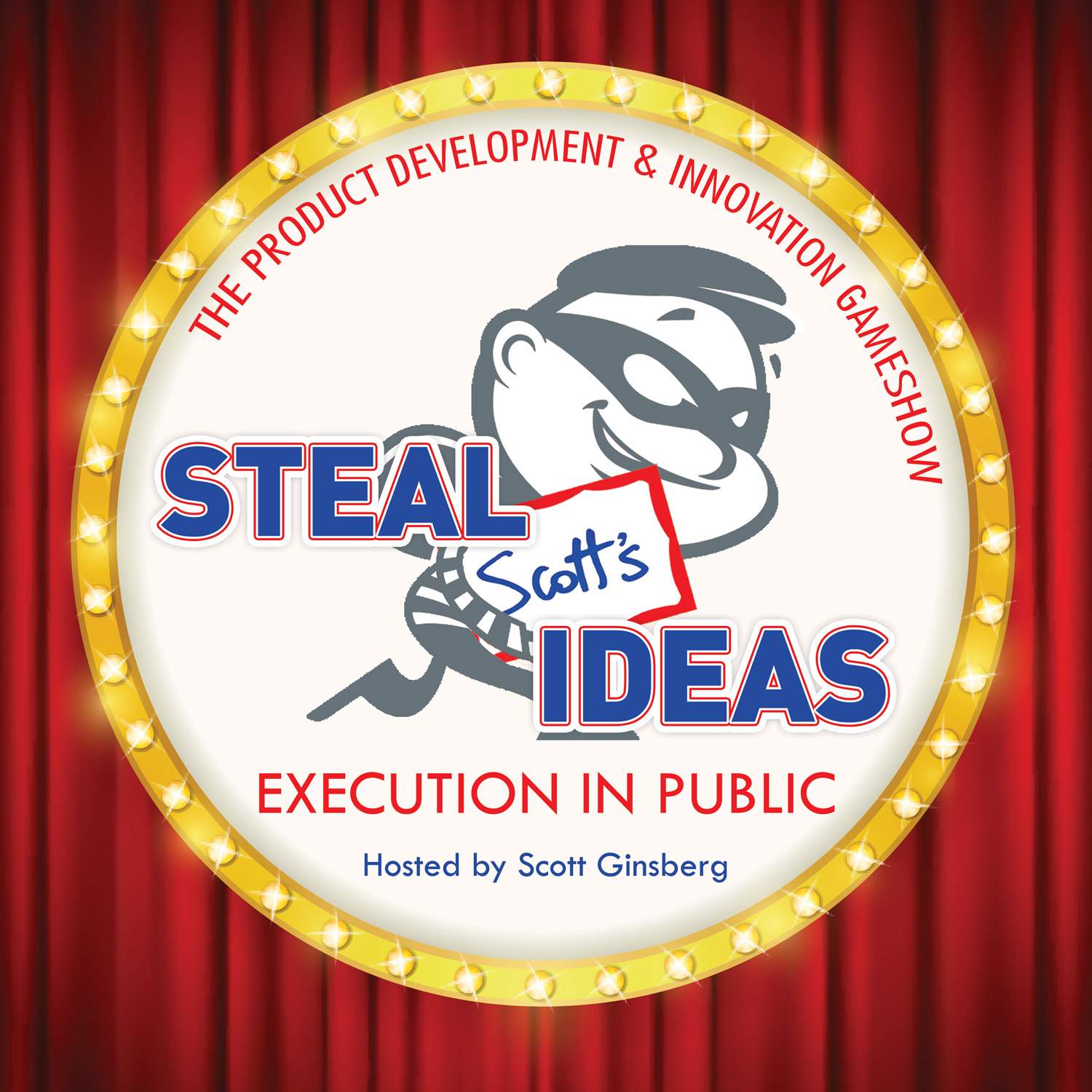 It’s the world’s first, best and only product development and innovation gameshow!
It’s the world’s first, best and only product development and innovation gameshow!
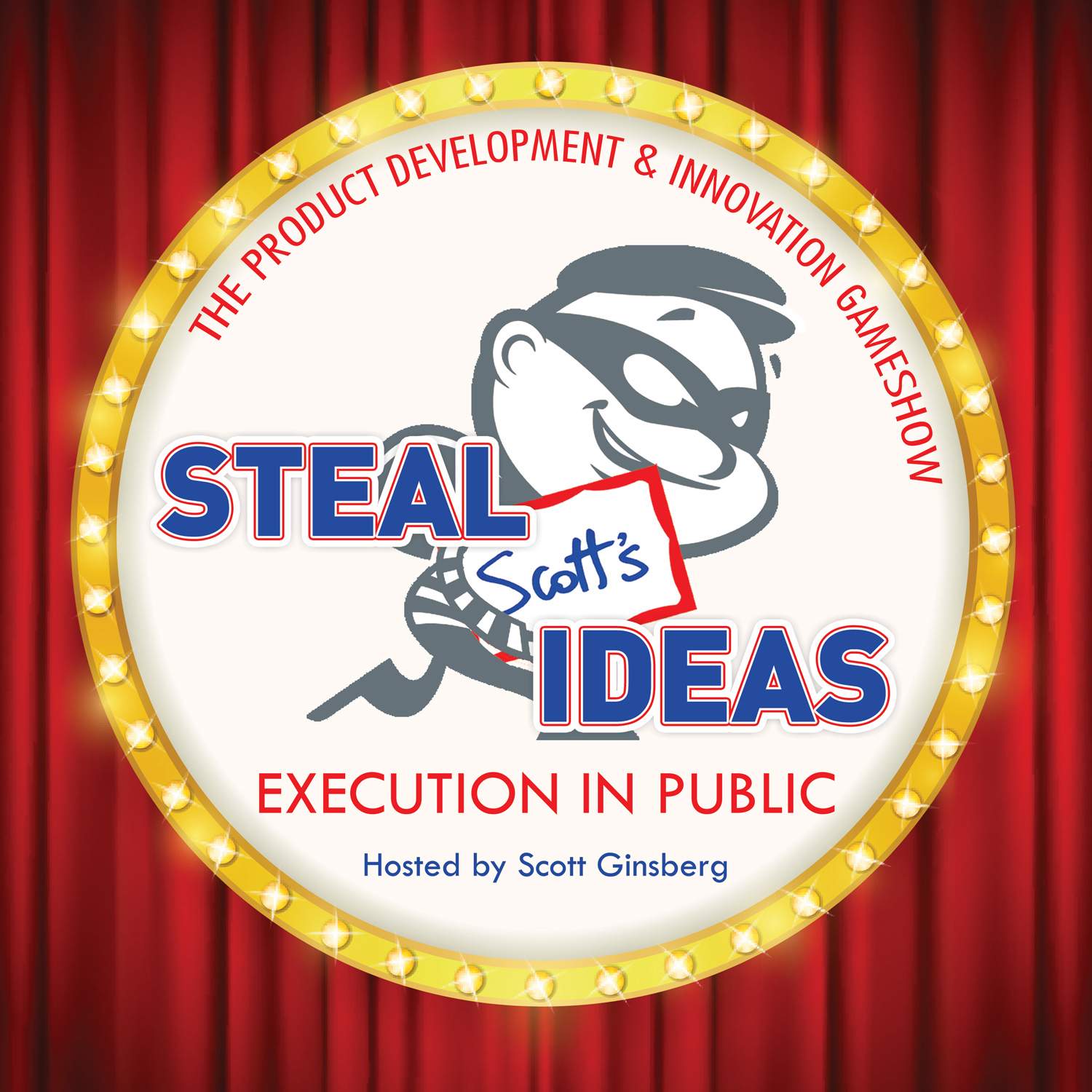 It’s the world’s first, best and only product development and innovation gameshow!
It’s the world’s first, best and only product development and innovation gameshow!